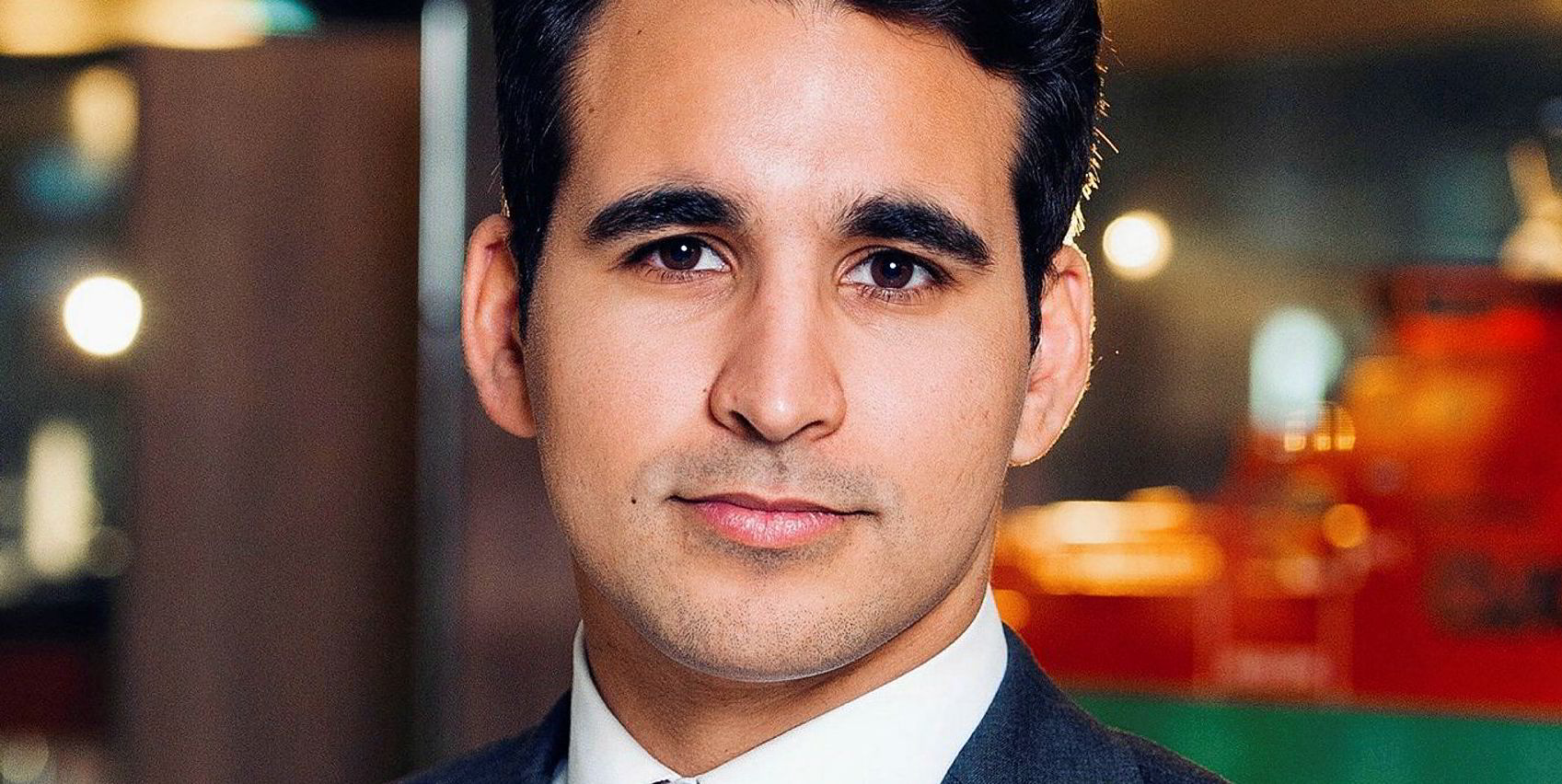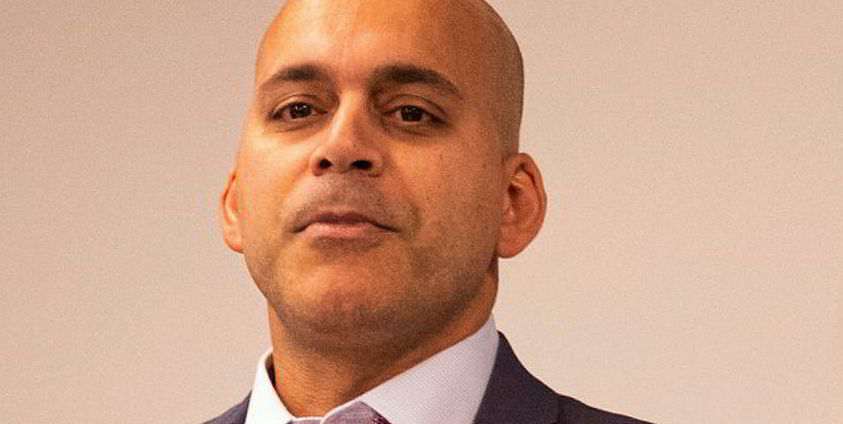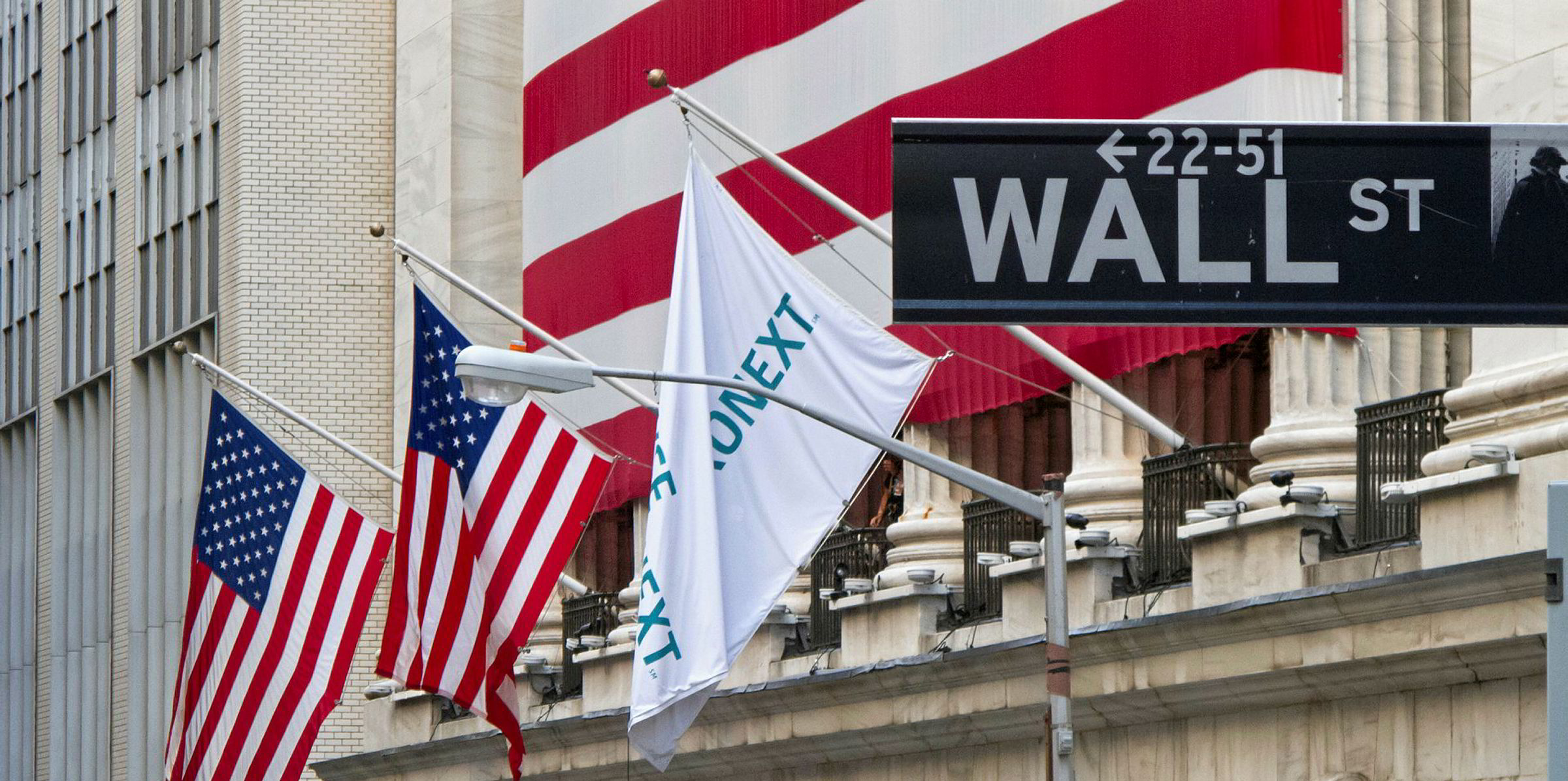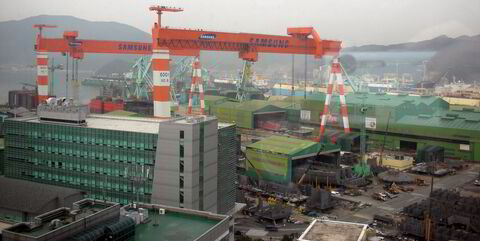Clarksons Platou Securities has forecast further gains in tanker stock prices as listed players are set to enjoy healthy cash flows and stronger balance sheets amid firm freight markets.
Many listed tanker firms have seen rallying share prices since early March, with vessel earnings boosted by demand for floating storage for contango play and logistics reasons.
Even when taking into consideration weaker freight rates after this quarter, Clarksons Platou suggested tanker players would be able to pay down debts and fork out dividends with expanding cash piles — thus making them good investment targets.
“One key thing for tanker owners is that coming out of this upturn they will have something to show for it,” the brokerage said in its sector outlook.
“Higher cash positions, lower debt levels and ample flexibility are the outcomes of today’s tanker market.”
Assuming ship values slip to the pre-2019 levels in the coming quarters, the majority of the 12 US and Oslo-listed tanker companies that Clarksons Platou covers will still have higher net asset values (NAV) at the end of 2021 than today’s share prices, according to the brokerage.
“Leverage ratios are declining very quickly this year, which sets up management teams with significant flexibility going forward," Clarksons Platou said. "This also means net asset values are gaining materially.
“We see the strong momentum in tanker stocks continuing,” according to its analysts Frode Morkedal, Erik Hovi and Omar Nokta.
Dividend potential
Clarksons Platou sees John Fredriksen-led Frontline as the top pick in the tanker peer group, with large payout potential.
“If you’re bullish on crude tankers, look no further ... Frontline could pay out $4 per share in dividends for 2020,” Clarksons Platou said.
“Historically, investors have received healthy dividends from Frontline and the stock enjoys a liquidity premium.”Euronav, which operates the largest fleet in the group, could offer $3.90 per share in dividends for 2020, Clarksons Platou said.
“We estimate the company could become net debt free by end of 2021 before dividends,” the brokerage said.
The dividend potential of DHT Holdings — another major tanker owner — was estimated at $1.70 per share for this year.

“DHT is well positioned to benefit from historically strong VLCC earnings," Clarksons Platou said. "We estimate LTV [loan-to-value ratio] dropping to 6% by the end of 2021 even assuming materially lower rates next year, thus DHT should be able to maintain its dividend policy.”
The brokerage also suggested stock investors were undervaluing Scorpio Tankers, the world’s largest owner of product tankers.
Clarksons Platou estimates that Scorpio’s NAV will be at $30.72 per share, with the owner enjoying positive cash flows of $8m per day based on today’s freight earnings. It closed at $25.18 on Thursday.

“[This] is noteworthy given shipping equities typically trade at or above net asset value in times of material excess cash flows,” Clarksons Platou said.
Strong earnings
The brokerage’s assessments are based on forecast daily earnings of $79,000 for VLCCs, $51,000 for suezmaxes, $38,000 for aframaxes, $35,000 for LR2s, $26,000 for LR1s and $21,000 for MRs for this year.
Daily earnings are expected to peak in the second quarter at $125,000 for VLCCs, $70,000 for suezmaxes, $45,000 for aframaxes, $50,000 for LR2s, $40,000 for LR1s and $27,500 for MRs.
Massive oil oversupply due to the coronavirus-triggered demand collapse and an earlier price war are pushing large quantities of crude and petroleum products into tankers as floating storage, according to industry experts.
“The key dynamic at play is managing the over-production of crude oil and refined products on the part of oil players, with floating storage emerging as the best available tool,” Clarksons Platou said.
“Historically, floating storage has primarily been about economics and capturing forward arbitrages. Today, it is all about logistics.”
As of mid-April, 91 VLCCs, 33 suezmaxes, 12 aframaxes and 45 product tankers were used to store nearly 250m barrels of oil, according to the brokerage’s estimates.
“By the end of [the] second quarter, as much as 21% of [the] tanker fleet may by tied up in floating storage,” Clarksons Platou said.








